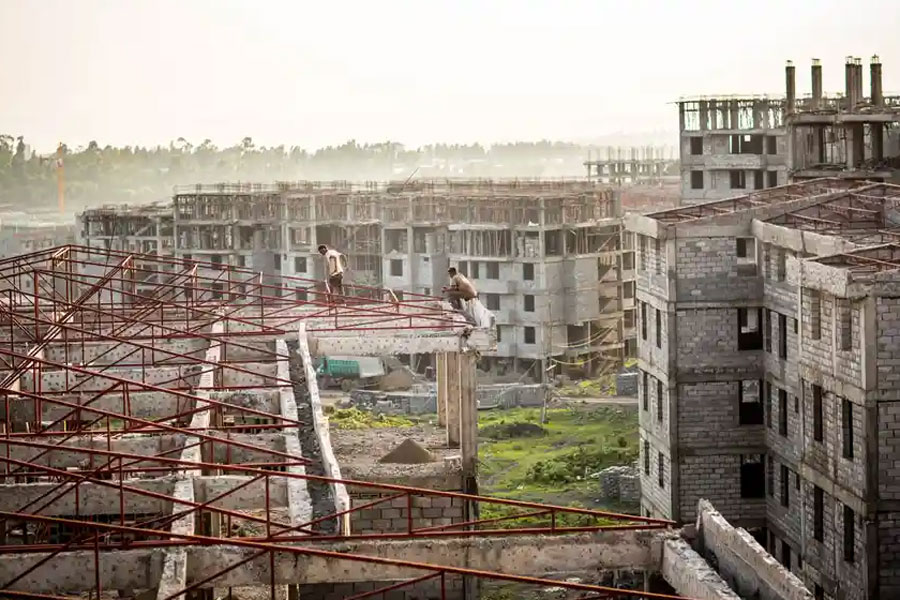
Fortune News | Apr 02,2022
Dec 14 , 2019
By Nomathemba Mhlanga
Despite many efforts, there is generally still a low level of financial inclusion and inadequate access to financial services for women in Africa. There is also a gender gap of 11 percentage points between men and women with a bank account; this despite the fact that women account for more than 50pc of the labour force in agriculture. This gender gap has to be narrowed if Africa is to develop writes, Nomathemba Mhlanga (PhD), an agribusiness officer at the FAO Subregional Office for Eastern Africa.
Financial inclusion of women has the potential to spur economic and social development in Africa. It yields more inclusive and sustainable growth through higher levels of productive investment and asset accumulation. Because women are the primary family financial managers at the household level, they ensure optimal resource allocation for basic needs and savings, as well as investment.
The Agenda 2063 goals and Sustainable Development Goal five emphasise the need for gender equality, parity and women’s empowerment, with a specific emphasis on ensuring that rural women have access to productive assets, such as land, credit, inputs and financial services.
We learned during the FAO Expert Consultation Workshop on rural women’s financial inclusion that was held in May 2019 in Ethiopia that, in addition to FAO, several stakeholders are already working on rural women’s financial inclusion. They include the African Development Bank, CARE, The Global Banking Alliance for Women, Graça Machel Trust, Women Entrepreneurs Finance Initiatives, Ethiopia's ENAT Bank and private sector businesses.
These institutions work to build the capacity of financial institutions and women entrepreneurs and to create an enabling environment for women-empowered businesses and mobilise financial resources to support women's development programmes. These actions are exerted toward supporting women's initiatives in the fight against poverty and bridging the gap in gender equality.
Despite these efforts, there is generally still a low level of financial inclusion and inadequate access to financial services for women in Africa. The share of female smallholder farmers who can access credit is five to 10 percentage points lower than for male smallholders, according to FAO. The World Bank Global Findex estimates a gender gap of 11 percentage points between men and women with a bank account; this despite the fact that women account for more than 50pc of the labour force in agriculture. The gender gap is even higher when looking at a comprehensive set of financial services in rural areas such as savings, credit and insurance.
Among the drivers of women’s financial exclusion are socio-cultural factors such as gender roles. Financial institutions often do not regard rural women as legitimate clients despite them being actively involved in agricultural production. Their limited mobility also constrains their access to financial services. Furthermore, rural women do not own productive assets or property that is required by formal financial institutions as conventional collateral.
The majority of employed women also work in the informal sector earning lower wages, which often makes it difficult for them to build up a credit history. Often, women also do not have access to identity documents that are a requirement for opening bank accounts and accessing loan services. Two-thirds of the world’s adult illiterate population are women, making up the majority of illiterate populations in every region of the world, according to UNESCO. This fact also results in a lack of financial literacy - a key limiting factor of women’s access to financial services.
The widely held perception that the agricultural sector is high-risk and low-return further dampen the interest of mainstream financial institutions to service rural areas where the majority of the women reside. The majority of financial institutions also lack the capacity to design gender-tailored services and products in rural areas. As a result, financial services in rural areas tend to be limited and mostly inadequate for the specific needs of rural women as they mostly target heads of households, who are typically male. Moreover, some rural areas have spatially dispersed populations, lower literacy and education levels, which translates into high transaction costs for the delivery of financial services.
The way forward for Africa to address financial inclusion for women is to invest in and implement coordinated actions to improve women’s financial empowerment. This includes better collaboration, sharing of resources, and documenting and disseminating good practices among actors. Holding dialogues at the policy level in order to promote an enabling policy framework for women’s access to rural and agricultural finance is of utmost importance. Countries should prioritise women's financial empowerment programmes to ensure that rural women have the training and the capacity to occupy leadership positions in the financial sector.
Women's financial programmes should also provide training to the supplyside - which is as beneficial as training the demand side. Capacity development programmes targeting service providers on enhancing the development of gender-sensitive financial services is vital to address the problem in a sustainable manner.
Recent dialogues and studies indicate that creating access to blended financing instruments that combine public, private and development finance are essential. Also, de-risking instruments such as guarantees; off-take linked lending, group-based lending models, out-grower models, impact investment financing and smart deployment of subsidies to unlock private finance are beneficial.
Governments should provide incentives through guarantee funds, subsidised loans, gender capacity programmes and legislative arrangements. Development actors should engage in implementing safe financing for agribusiness development for women, simplifying banking procedures, reducing transaction costs, broadening outreach to illiterate and rural women. In this regard, the Fund for African Women established in 2010 by the African Union dedicated to African women is a good starting point that should serve as a basis for mobilising resources for increased support to women-owned enterprises.
Financial inclusion strategies need to be specifically adapted to the needs of each country, village, women’s group and bank. The importance of employing an all-inclusive model, which targets both men and women, remains vital as the majority of rural and agricultural financial services are lacking for rural men, even though we know that rural women face greater challenges. For these efforts to be effective, actors need to prevent unintended consequences such as indebtedness and gender-based violence.
Overall, these efforts should aim to ensure that by increasing rural women’s access to finance, their empowerment and wellbeing are also strengthened. It is important to note the role of new technologies and information and communications technology in driving women's financial inclusion and the challenges within existing policy environments in different countries in designing gender-sensitive delivery of financial services.
PUBLISHED ON
Dec 14,2019 [ VOL
20 , NO
1024]


Fortune News | Apr 02,2022

Fortune News | Feb 17,2024
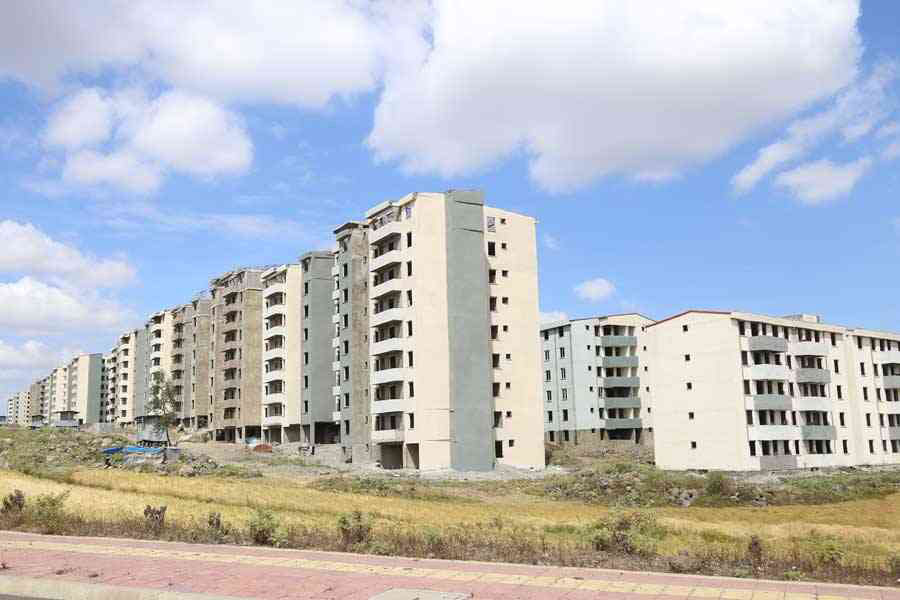
Fortune News | Mar 11,2023
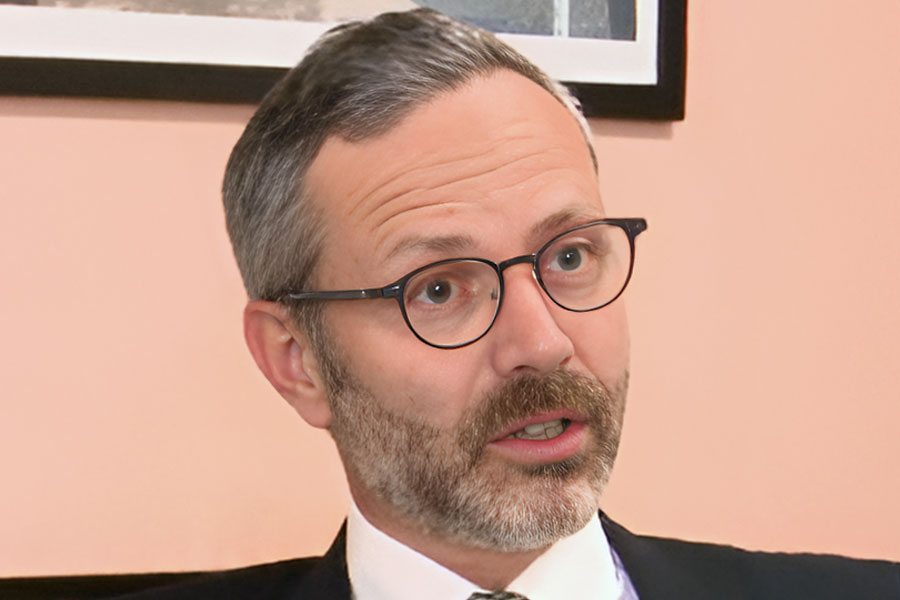
Viewpoints | Jun 24,2023

Life Matters | Dec 05,2018

Photo Gallery | 96745 Views | May 06,2019

Photo Gallery | 88928 Views | Apr 26,2019

My Opinion | 67168 Views | Aug 14,2021

Commentaries | 65761 Views | Oct 02,2021

Feb 24 , 2024 . By MUNIR SHEMSU
Abel Yeshitila, a real estate developer with a 12-year track record, finds himself unable to sell homes in his latest venture. Despite slash...

Feb 10 , 2024 . By MUNIR SHEMSU
In his last week's address to Parliament, Prime Minister Abiy Ahmed (PhD) painted a picture of an economy...

Jan 7 , 2024
In the realm of international finance and diplomacy, few cities hold the distinction that Addis Abeba doe...

Sep 30 , 2023 . By AKSAH ITALO
On a chilly morning outside Ke'Geberew Market, Yeshi Chane, a 35-year-old mother cradling her seven-month-old baby, stands amidst the throng...

Apr 20 , 2024
In a departure from its traditionally opaque practices, the National Bank of Ethiopia...

Apr 13 , 2024
In the hushed corridors of the legislative house on Lorenzo Te'azaz Road (Arat Kilo)...

Apr 6 , 2024
In a rather unsettling turn of events, the state-owned Commercial Bank of Ethiopia (C...

Mar 30 , 2024
Ethiopian authorities find themselves at a crossroads in the shadow of a global econo...
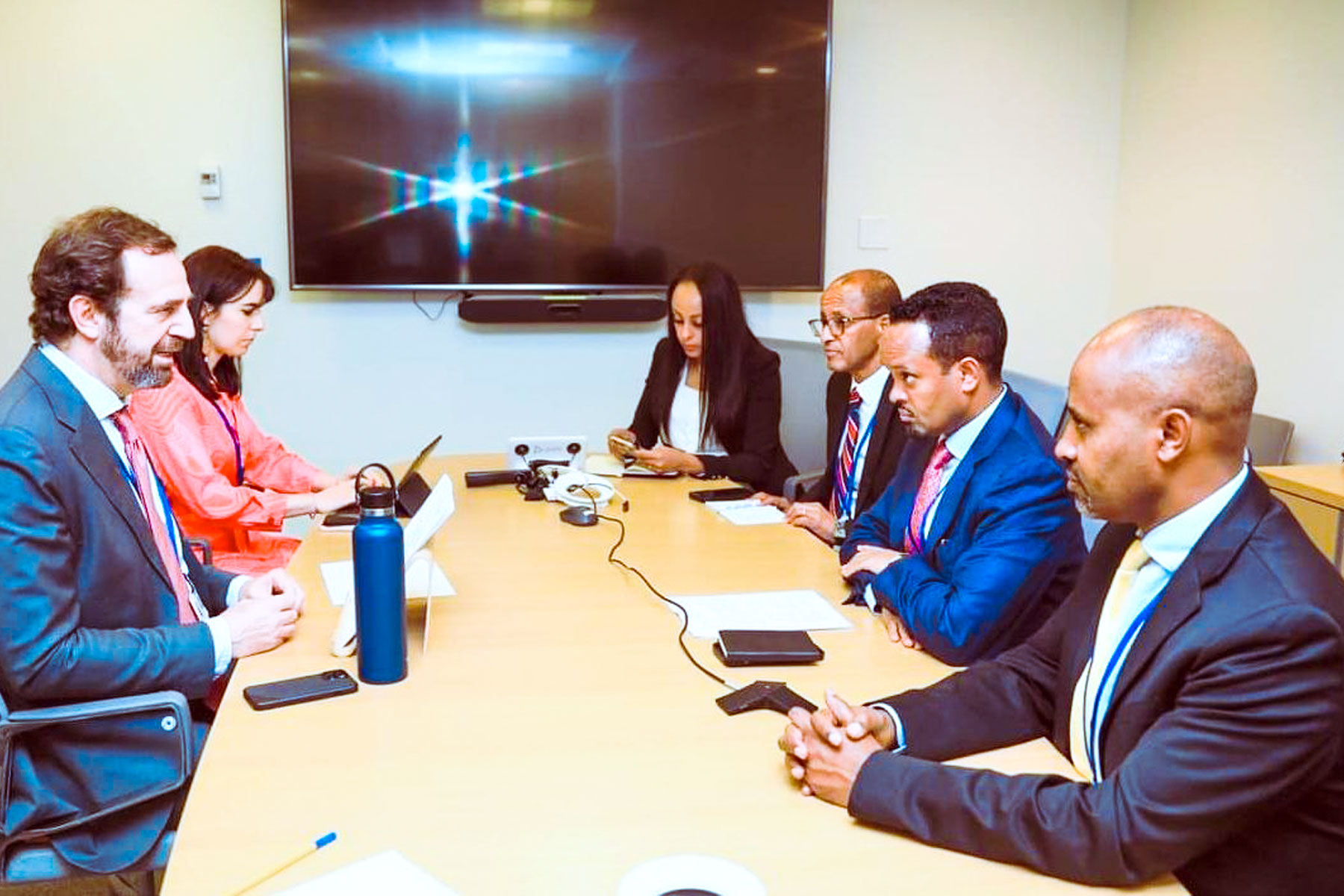
Apr 20 , 2024
Ethiopia's economic reform negotiations with the International Monetary Fund (IMF) are in their fourth round, taking place in Washington, D...
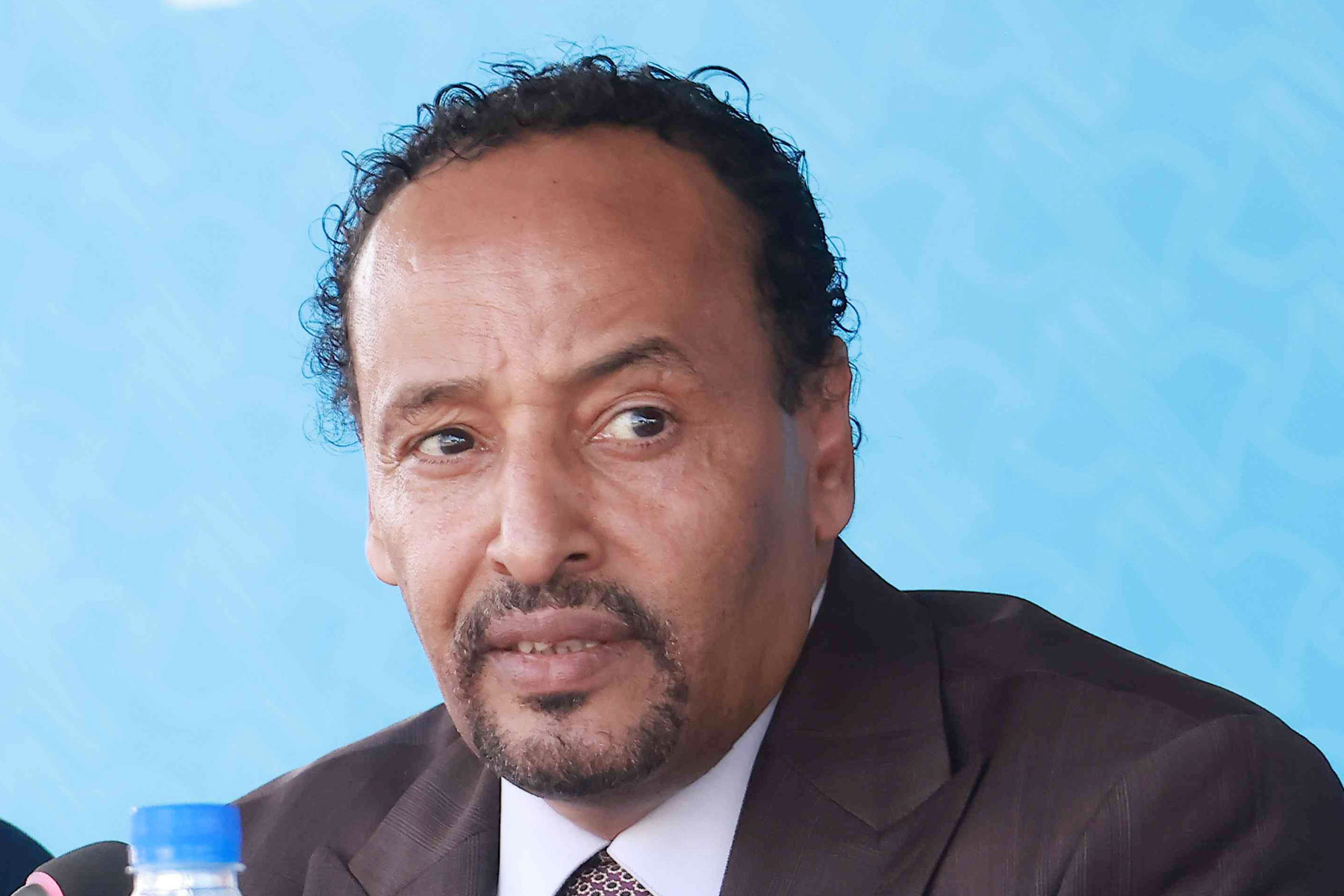
Apr 20 , 2024 . By BERSABEH GEBRE
An undercurrent of controversy surrounds the appointment of founding members of Amhara Bank after regulat...
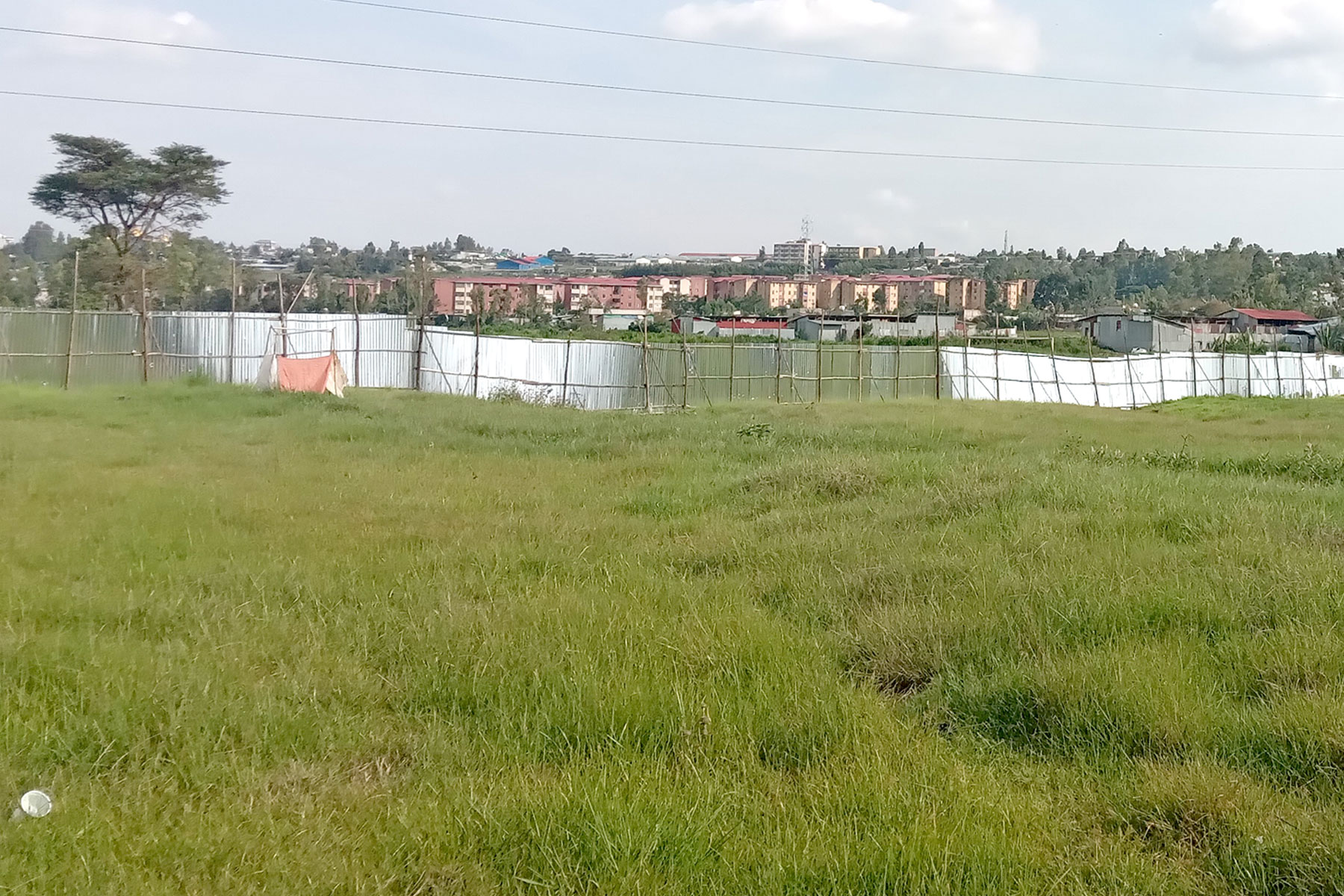
An ambitious cooperative housing initiative designed to provide thousands with affordable homes is mired...

Apr 20 , 2024 . By AKSAH ITALO
Ethiopia's juice manufacturers confront formidable economic challenges following the reclassification of...